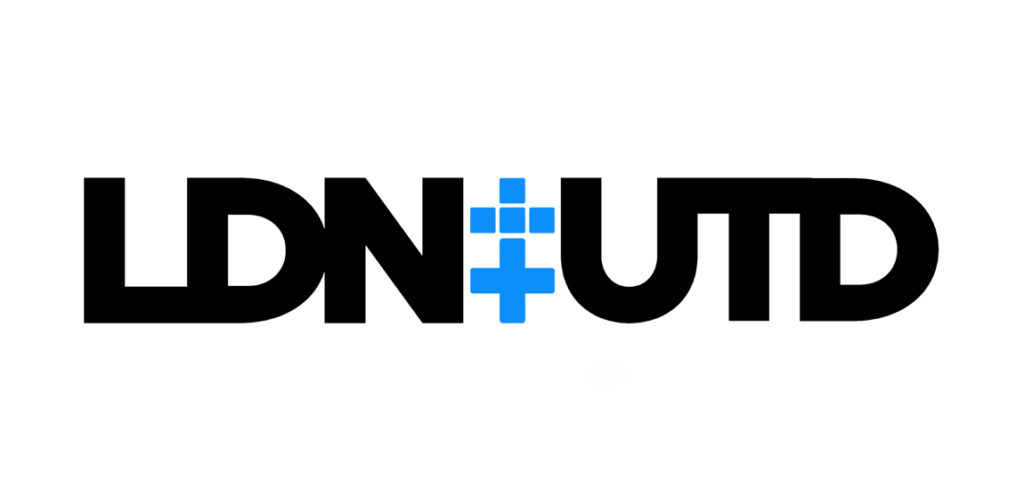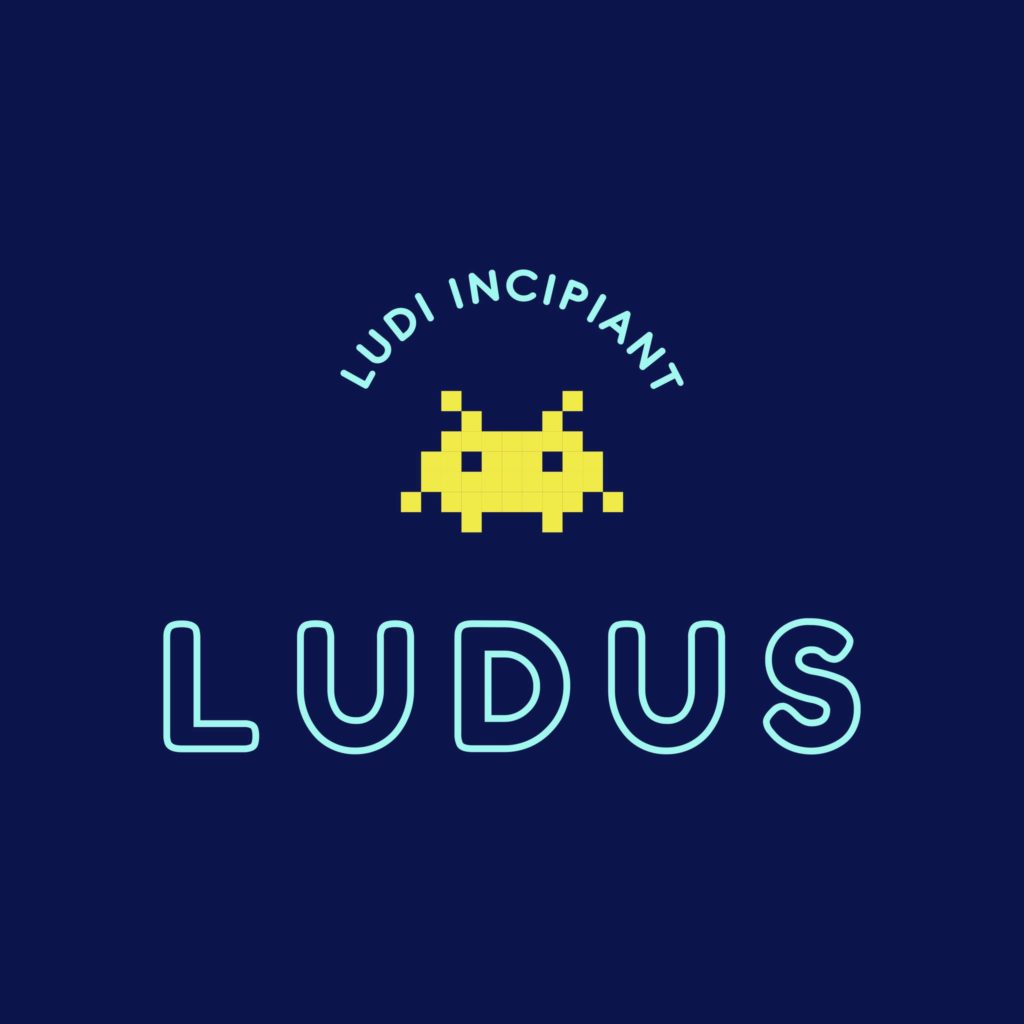Last November, UK esports organisation LDN UTD announced their acquisition by play and earn NFT company Ludus Gaming, which recently outlined its intention to nurture grassroots esports talent and provide esports career opportunities.
ENUK editor Dom Sacco caught up with Ludus Gaming CEO Daniel Gee, a London-based fintech expert who is also a big gamer and League of Legends fan, to ask about the specifics of his plans for LDN UTD going forward.
What convinced Ludus Gaming that esports was worth investing in?
Ludus Gaming CEO Daniel Gee: We had experience with Guild, Semper and Gfinity in the past and I’d always steered away from the [esports] industry because I struggled to see how it works as a business, I guess through lack of knowledge. But we went through the process and went through due diligence with a lot of teams, including LDN UTD.
And I walked away, took my gaming hat off and put my business hat on and said, ‘brilliant, really interesting, but the worst businesses I’ve ever seen’. Every single one. It literally set the record for being horrific businesses.
No one knows what they’re doing, everyone has lost sight of the goal and the vision, which is esports is about the community and having fun, bringing people together, creating somewhere we feel safe and be ourselves. You’ve got business people that have tried to throw it off-piste and turn it into a mechanism to capitalise on it. Outside of advertisements and partnerships, no one’s really got that.
“Gaming has to be fun at the heart of it. I think that’s my biggest gripe with the esports industry in general. We’ve lost sight of the enjoyment and fun and have tried to turn it into a business – which it is – but there’s a lot of square pegs in round holes.”
Daniel Gee, Ludus Gaming
In esports you have this weird set up where it’s billed as a fast-growing industry and people feel they have to be in it, they’re just deploying cash and doing the weirdest partnerships. Ultimately, the brand gets no return on that partnership, the org finds it difficult to generate further capital. So unless you have constant brands wanting to do partnerships blindly plugging capital into the market, these orgs will eventually die.
That’s why I thought esports wasn’t for me. I get web3 development, they have platforms to monetise well, but they don’t build a long-lasting narrative. Then I thought, well actually, esports is an interesting paradigm when you look at it from the other angle. They struggle with monetisation but build community really well and have a narrative that works long-term for a community.
So maybe we at Ludus Gaming should be sitting in the middle as an incubator having a centralised pool of costs, as one unit, then run a lot of orgs, game dev studios and web3 agencies all from one banner, and engage with a brand partner and ask: what do you want to achieve? If it’s a specific demographic of user that play a certain game and are a certain age, then we suggest they partner with [a brand in our portfolio] who is the best fit for their brand.
It builds a more functioning community, and it means we have the capital to deploy into esports and grow it.
What are your plans for acquiring other esports organisations?
We’re in the process of acquiring two other UK esports orgs: One is non-competitive so it’s a mass-market gaming community, the other is a top competitive team. That will give Ludus Gaming a multi-club ownership structure.
But we’re reviewing lots and lots of orgs. Lots of people are coming to us, we’ve identified verticals – the main communities within esports. You’ve got grassroots, kids, general population, armchair gamers and top tier, your premiership gaming orgs. People plug a couple of million bucks into these and run out of cash because they don’t really understand the space enough. We’re looking to buy an org in each of those verticals.
I think we’re very conscious of acquiring different orgs in the same game. We’re here to help orgs and amplify and empower them, not run them. We want to retain their talent, for all of their benefit.
What’s next for LDN UTD?

LDN UTD wanted to sit in that top tier [of esports] but our view is that it doesn’t. It’s a community-focused org and what it does really well is it’s good with messaging and activations, and it’s grassroots, it’s about bringing people into esports. It provides valuable skills that allow people to transition into other industries too, and its focus will be events and activations and education. Let’s stop doing everything else and work on that.
We moved the LDN UTD vertical to grassroots community-focused education. We identified who is in the space doing that well – and the answer is no one because it’s such a burgeoning industry. We’ve seen Pearson doing the esports BTEC partnership with British Esports. We spoke to a lot of universities who said they’re struggling to attract young people’s attention and esports is a way to do that.
We’re not turning Ludus Gaming’s name to Ludus UTD, and that comes out of respect. You have to retain the work they’ve put in to build their brand – we need to embrace their heritage rather than stick our brand on top. Ludus Gaming sits as an ownership structure.
I’ve always believed in the hybrid between physical and digital, and what’s gaming has given me as a person, an individual, and meeting like minded people and getting out there. So there will be a big focus on getting people out into big physical spaces for people to meet others and have fun together. So that’s another big facet of what we’d like to achieve.
What are your plans in the esports education space?
We have a more traditional version of curriculum-based education using esports as a qualification.
We’ll be deploying a suite of qualifications from 2024 from entry level all the way up to BTEC and further education, with curriculum education-based syllabus using esports as a joint discipline with things like business management, media, marketing and design.
We’ve just trademarked the UTD Education brand, which will be hosting all the education qualifications under.
We’ll be taking on the BTEC as a multi-discipline to begin with. Billy from Level 7 will shortly be joining the board of UTD Education as a director, delivering the esports BTEC going all the way up to GNVQs in traditional sports. So the intention will be high national diploma or BTEC through to university-grade at some point, but that’s a three-to-four-year view.

The team at Ludus Gaming are proud to be able to help nurture and educate grassroots players in the opportunities and careers available in esports. The industry is one of the fastest growing globally and is often overlooked and misunderstood in many countries. It is encouraging to see so many universities are considering launching courses in this space and we are already in discussions with some of them about these courses.
We want to offer gamers digital and physical communities to meet and play for enjoyment whilst making a fair return on their earnings. The social good that platforms are bringing to the gaming world is what is really making them stand out and we want to be at the forefront of this industry.
Tell us about your background and Ludus Gaming
I come from a super poor background, I was born on a council estate in South London, I was just in the right place and right time in my early adult years. I managed to get a job as a photocopier in a hedge fund bank, and I never really left, I kept getting lucky! So I worked my way up.
I always had this cultural irk that my entire career was predicated on making wealthy people wealthier, whereas I didn’t come from that demographic, so I refocused six years ago and started building tools and platforms to bring more people into the story, products and services not traditionally available to that top 1%, and making them cheaper and more accessible and understanding.
So everything was about inclusivity, and in its purest form that’s how Ludus Gaming formed. I’m a gamer, I’ve been a games tester for the last 13 years for Playtest, I’ve never played competitively because I’m too crap, but I would’ve loved to have. JMX is a good friend and Jukeyz is a friend of a friend, so I know people in the space.
“Working in a really high pressure banking environment, and being a young dad and entrepreneur with the stresses and struggles of life, gaming is an escape for me. It helped me build friendships outside of my day-to-day life.”
Daniel Gee, Ludus Gaming
I always found it a bit lame, cos I’d be running an investment bank and I could never really say: ‘Do you know what, I wanna go home and play some League of Legends, because I fucking love it!’ There was always this stigma around gaming.
I’m also one of the founding investors into Guild Esports in my finance days. Four out of the six founders are as well.
Three of us worked in corporate finance. We raised over £1bn between the six of us. I’m a fintech guy, and I still have fintech businesses. I helped listed companies raise growth capital, I raised £1.1bn over four years for just under 400 UK companies. The other guys were more bespoke and banking focused. So we have a background in raising capital for growth companies, and one of those was Guild, and I also funded Semper Fortis and was one of the founding investors at Gfinity. I rarely take personal equity stakes [to avoid conflicts of interest], but it’s nice to make investments.
Ludus Gaming has 25 to 30 people. We’re one of the orgs in the world actually building games. We’re at the coalface. What we’ll try to eventually do is merge all the subsets of gaming and have an iron in the fire for all of them.
What we do well as a business is identify where we have skills gaps or knowledge gaps or where people add value.
Ludus has about 98.7% ownership of LDN UTD. We tried to keep as many people involved as possible, and a lot of existing shareholders were really excited by our story, and have shown longer-term support, which is really nice to get their buy-in.
Read more on the Ludus Gaming website

Dom is an award-winning writer and finalist of the Esports Journalist of the Year 2023 award. He has almost two decades of experience in journalism, and left Esports News UK in June 2025.
As a long-time gamer having first picked up the NES controller in the late ’80s, he has written for a range of publications including GamesTM, Nintendo Official Magazine, industry publication MCV and others. He also previously worked as head of content for the British Esports Federation.


